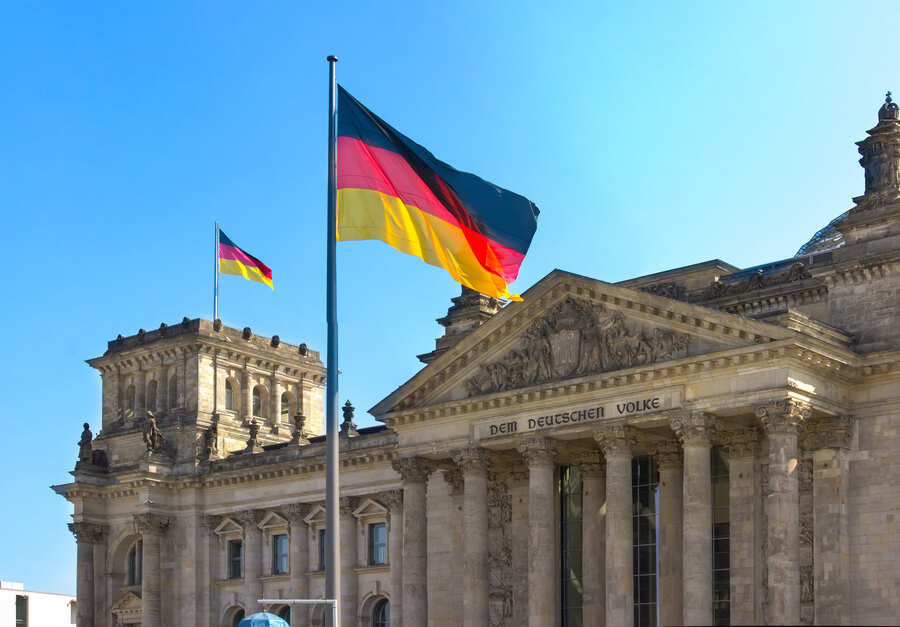Thanks for subscribing!
Check your inbox and confirm your email address to receive offers and updates on our Italian courses.




German is not only spoken in Germany. On the contrary, surveys have shown that German is one of the world’s top ten most commonly spoken languages, along with English, Mandarin Chinese, Spanish, French, and Russian. It is estimated that worldwide there are 90 million people who are native German speakers. In addition, German is spoken as a second language by an additional 10 to 25 million people, and as a foreign language by 75 to 100 million people.
Officially, there are six German speaking countries in Europe:
In addition, German has official status and is a recognised minority language in the following countries:
Approximately 16% of the European Union’s population speak German. Outside of Europe, there are many other countries where German is spoken, such as Kazakhstan, Namibia, and South Africa. There are other parts of the world where German is also spoken by a small percentage of the population. The German diaspora (German communities that emigrated during the first half of the 20th century) has also brought the German language to areas of The United States, Chile, Norway, Brazil, Mexico, Australia, Paraguay, Uruguay, and Venezuela.
The German language has had significant influence over other cultures and languages. During the 19th century, German literature enjoyed a prestigious phase, and many German words were exported to other languages. These ‘loan words’ include “kindergarten”, “delicatessen”, “rucksack”, “poltergeist”, and “wanderlust”.
Today, Germany’s leading position in the global economy gives us another important reason to learn German. The German economy is the largest in Europe, and Germany has the world’s fourth largest economy, behind the United States, China, and Japan. This also means that German is a very important language for people working in the automotive, manufacturing, and engineering sectors, as these industries support the German economy and employ large numbers of people. German is also considered “the language of science”, and is the second most spoken language by scientists from all over the world.
German is one of the top three most used languages on the Internet, as approximately 6 per cent of all live websites are in German. There is also a large percentage of books written in German or translated into this European language. It is believed that 10 per cent of all printed books are in German.
The Goethe Institute is considered the world’s most important cultural organization for German speakers and learners. This institution was founded in 1951 and now has more than 150 branches all over the world, and not just in German speaking countries. The Goethe Institute promotes German culture and language and has a varied educational program.
Some interesting facts about the German language:
Many people choose to learn German online with the intention of moving to a German-speaking country to live, work, or study. Moving to a country with a different language and culture is not always easy, and getting used to a new way of life requires time, patience, and a good sense of humour. Here you will find some useful information about life in Germany:
Have a look at Lingoda’s German Online Courses: Intensive German Courses, Immersive German Courses, German Private 1:1 Courses, German Conversation Courses, German Evening Classes for busy people, German Grammar Courses, German Reading Courses. Our German teachers come from all over German speaking countries, so you’ll learn also to recognise many German accents and varieties!